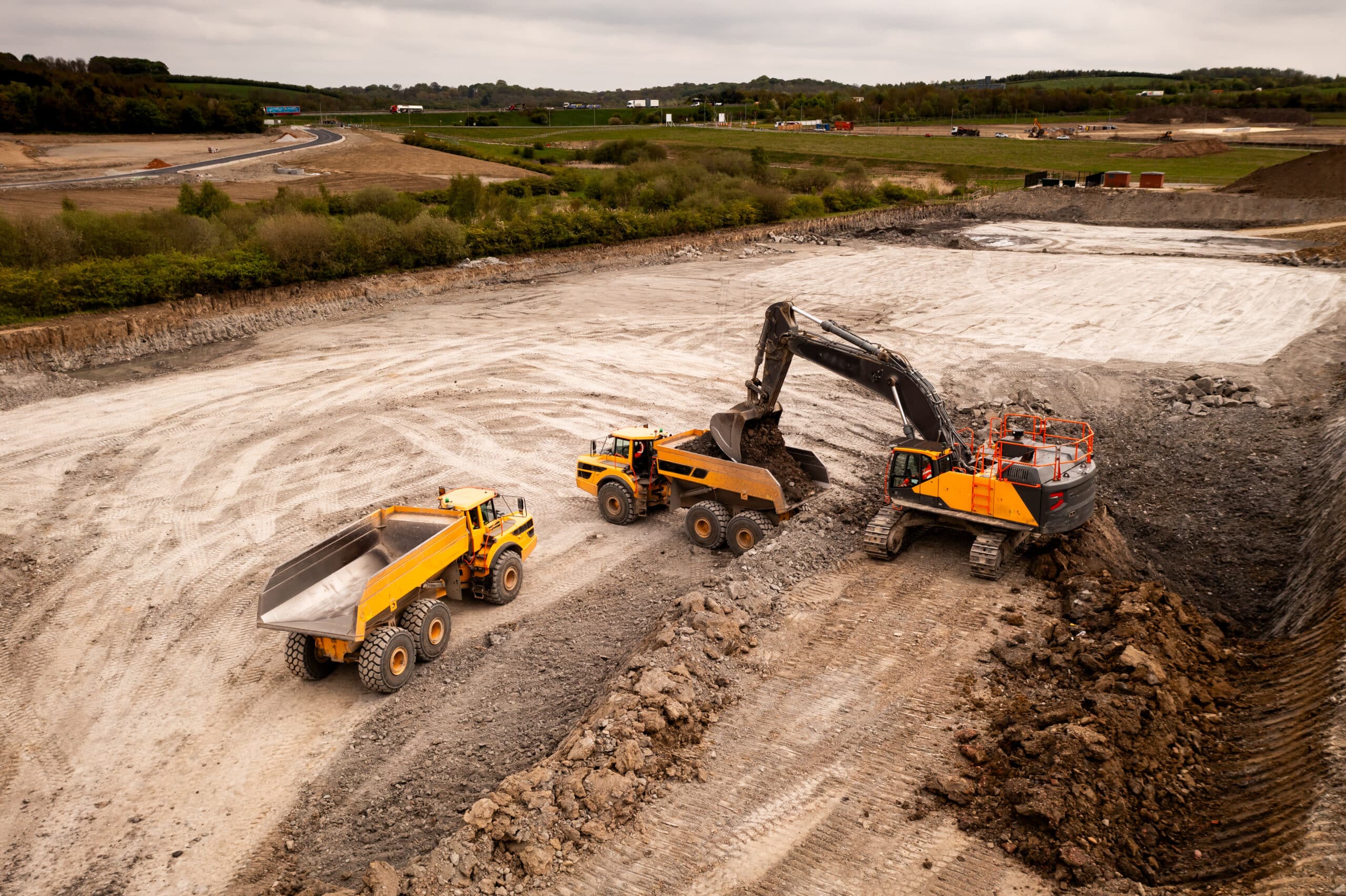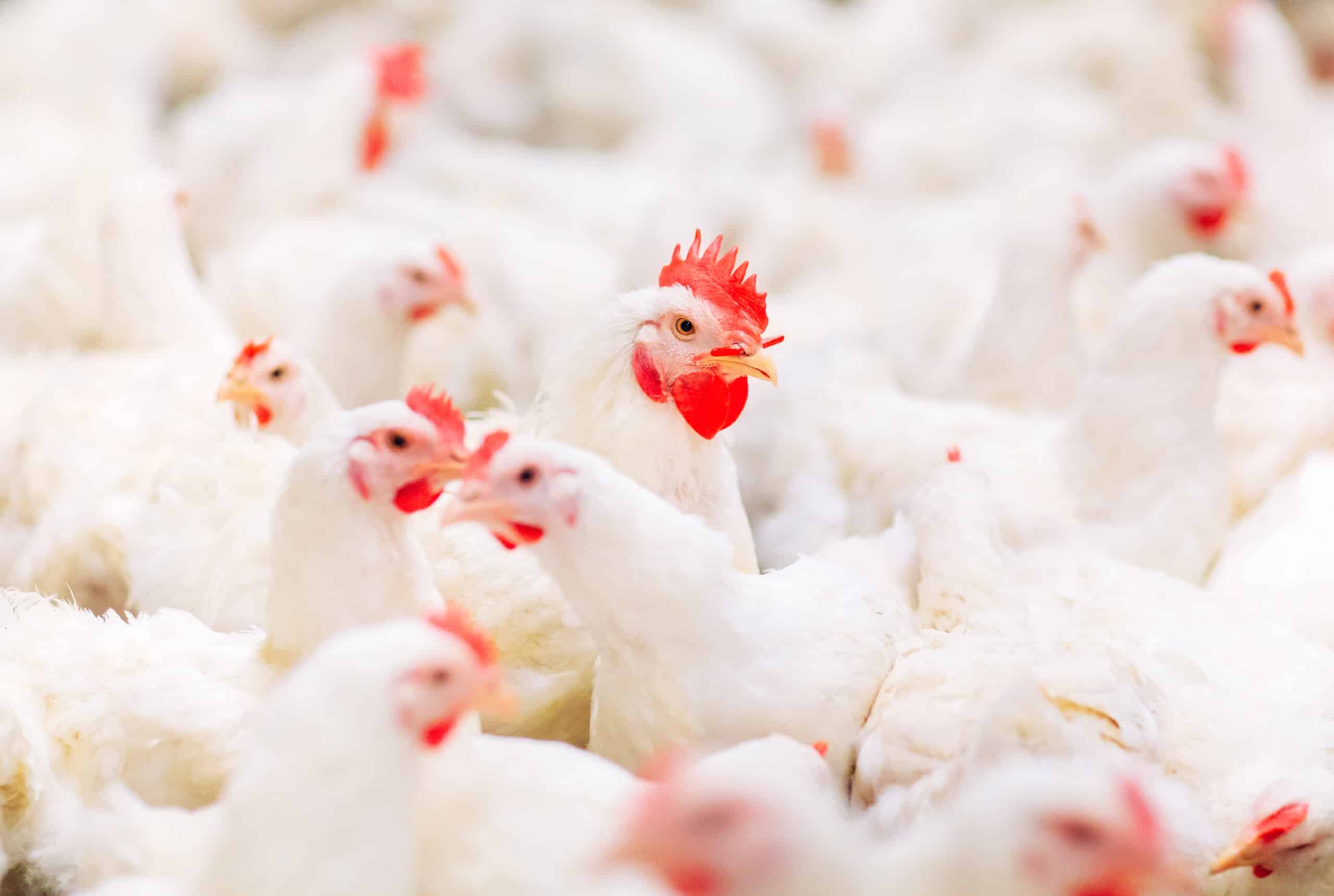The UN defines a ‘sustainable food system’ as a food system that delivers food security and nutrition for everyone in such a way that the economic, social and environmental bases involved are not compromised for future generations. Sustainability within the food industry is growing in influence.
The food supply chain we relied on in recent decades has been primarily about reliability and efficiency. The folly of placing those attributes ahead of all other considerations, particularly sustainability in the food industry, is now being exposed.
Coronavirus: positive agent for sustainability in food industry
There is an ongoing conversation about improving the food supply chain, to make it more resilient in the face of climate change. It may take the global pandemic to clinch genuine transformation.
COVID-19 looks likely to herald a more advanced supply chain, with greater ability to respond to external variables like recessions, natural disasters and pandemics.
Despite growing population preference for sustainable produce, the momentum has stalled by dependence on an outdated low cost but dependable system.
The pandemic is a correction. It represents an opportunity for environmental, social and corporate governance (ESG) considerations to be more integrated into how we source, produce and distribute our food.
The technology exists to facilitate greater sustainability yet it hasn’t been fully harnessed until now. The public appetite for sustainable produce and supply chain management’s need for a more resilient system can be satisfied by that same agtech and foodtech.
The evidence for that appetite for ethically sourced and environmentally sustainable produce is everywhere. This is most keenly seen in the increasingly high value of companies dedicated to the area.
To pick two recent examples, plant-based food producer Impossible, of once modest origins, is now valued at more than $4bn and its animal-free meat products can be purchased in Burger King and Starbucks.
Beyond Meat — a close competitor, raised its first round of venture capital in 2011. It has quintupled in value since an initial public offering last year. It now commands a $9.6bn market capitalisation – a vote of confidence in sustainability in the food industry.
Sustainability gains in influence
Giving sustainability equal billing with reliability and efficiency also helps combat food poverty, while improving nutrition and safeguarding the environment.
The UN Food Systems Summit will engage with the issue in late 2021. The UN seeks to accelerate the alignment of food systems with global climate action and sustainable development goals. Stakeholders will be keen to see action before that event.
Cross government approach vital to sustainability in food industry
UN Special Envoy Agnes Kilbata spoke recently about the importance of food systems cutting across multiple departments and agencies. The dangers of silo thinking around effective systems is well known. Many systemic problems can be tackled once a holistic approach is embraced.
Kilbata referenced the communication improvement of which agtech and foodtech must surely form a part, in ensuring agriculture, food, health, trade and business are all on the same page.
She took the opportunity to “thank countries that are already forging a food systems approach, where food is no longer a production or ministry of agriculture issue, but is a systems issue cutting across several ministries.”
Capitalising on investor interest
There is a tremendous amount of money available to transform the current system. Europe has an overall targeted spend of $31 trillion in general sustainable investment, of which food systems will play a significant part.
BlackRock, the world’s largest investment group, estimates that the amount being spent on sustainable products worldwide will rocket to $400bn over the next decade.
The opportunity has presented to transform the system and the finances are being made available. The difficulty posed by the virus may turn out to be a good news story for sustainable food supply chains.
Expert food security consultants
The pandemic has caused major disruptions to global food supply chains, however it has also heralded a greater focus on supply chain sustainability, resiliency, and efficiency, as producers and distributors seek ways to future-proof their operations in the wake of emerging risks.
Farrelly Mitchell acts as a trusted partner to food and agribusinesses looking to improve their operations and safeguard their business from future risks. Our risk analysis & management services provide tailored solutions to businesses looking to proactively address threats and foster sustainability and reliability. We hold deep knowledge on the tools and strategies necessary to build sustainable supply chains, and we leverage this expertise to support our clients. Get in touch with our sustainability specialists today to find out more.














